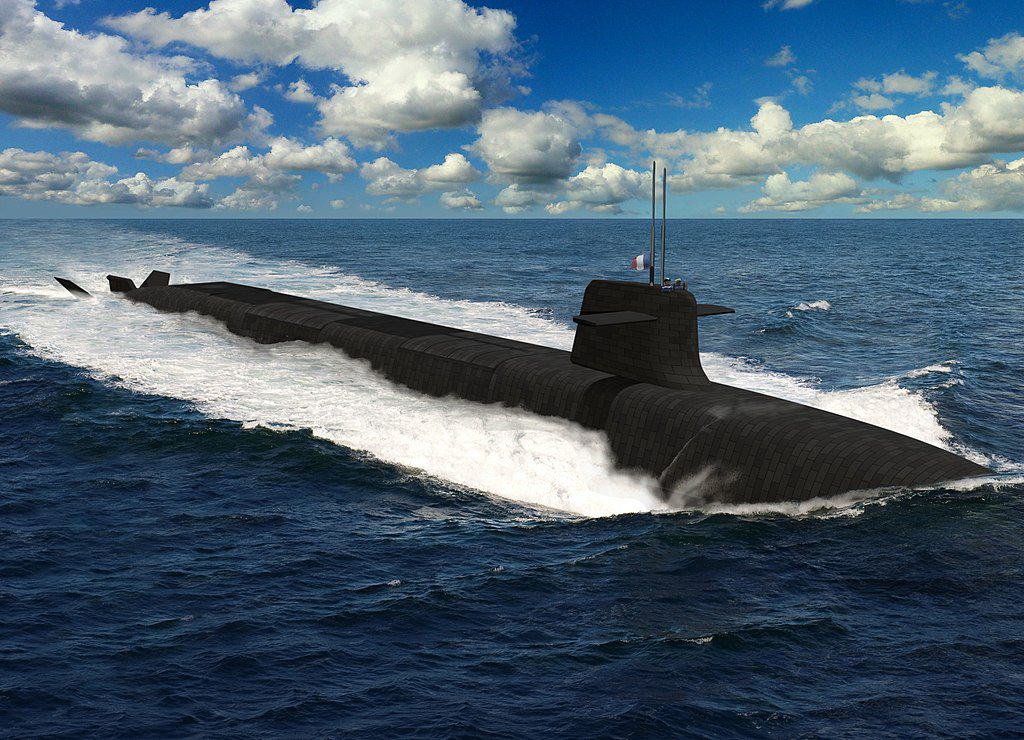In a recent televised address on the public channel France 2, French President Emmanuel Macron’s comments on the war in Ukraine and the use of France’s nuclear deterrent force sparked heated debate within the political class and the military. The head of state, who alone has the capacity to unleash nuclear weapons, is said to have violated the traditional rules concerning public communication on these extremely sensitive and strategic subjects.
Emmanuel Macron was, on Wednesday, October 12th, the main guest of the programme L’événement, intended to address the crucial issues of the moment, in particular the war in Ukraine and the use of nuclear force. Questioned on this subject by journalist Caroline Roux, Emmanuel Macron had this answer: “Our doctrine is based on the fundamental interests of the nation and they are defined very clearly. If there was a nuclear ballistic attack in Ukraine, these interests would not be called into question,” he explained. The journalist asked for clarification: in that case, France’s response would not be nuclear? “That’s obvious,” the president replied without the slightest hesitation.
These seemingly innocuous remarks triggered a storm of protest, both for the substance of what they expressed and because of the terms used, which were contrary to the entire French diplomatic and military tradition. In matters of nuclear deterrence, the rule is normally not to make any clear-cut answer, but to always cultivate ambiguity, in order to preserve the maximum margin of action. According to Bruno Tertrais, deputy director of the Foundation for Strategic Research and a specialist in nuclear deterrence, interviewed by Le Figaro, the president has pushed the cursor towards clarity “very far, too far.”
The consequences of this dereliction on the part of Emmanuel Macron are important. By showing his cards, he allowed the opponent to anticipate much more easily what the reactions to a new initiative will be and the risks involved. Clearly, the message that was sent by Emmanuel Macron to Vladimir Putin could be simplified as follows: “if you strike Ukraine, we will not use our nuclear arsenal to defend it.” For Bruno Tertrais, this is not necessarily an encouragement to Russia, but rather a “confession of weakness”—in any case, a clumsy and politically very risky statement. From the Ukrainian point of view, hearing the French president explain that Ukraine is not part of France’s “fundamental interests” is obviously unpleasant. “That will please the Kremlin,” the Ukrainian daily Telegraf headlined as a response to Macron’s statement.
France has been a nuclear power since 1960 when the country, then led by General de Gaulle, managed to acquire its first atomic bomb (A-bomb). It was then the fourth state to do so, after the United States, Russia, and Great Britain. It has had the H-bomb since 1968. Today, it is one of the nine states that officially possesses nuclear weapons and has an arsenal of about 300 nuclear warheads, mainly deployable through its ballistic missile submarines and a strategic air force.
The French nuclear deterrence doctrine has developed gradually over the years, mainly at the initiative of General de Gaulle and François Mitterrand. In his television interview, Emmanuel Macron spoke of defending France’s “fundamental interests,” where the established formula normally favours the term, “vital,” interests. Changes in vocabulary on such sensitive issues can have serious consequences. Moreover, Emmanuel Macron explained that these “fundamental” interests were defined “very clearly,” which was never the case—and for good reason.
Defence expert Jean-Dominique Merchet called the president’s response a “nuclear grammar mistake.” Keeping things vague is essential in nuclear policy. Confronted with such a question in 1986 (“What do you do if Germany is invaded? Do you use nuclear weapons?”), François Mitterrand had refused to answer and had ignored the question, explaining that this would mean a failure of the deterrent … without further clarification.
The main explanation for Emmanuel Macron’s remarks on October 12th is to be found in the extreme feverishness of French opinion, which he may have sought to reassure. It does not appear as if the objective has been achieved.





